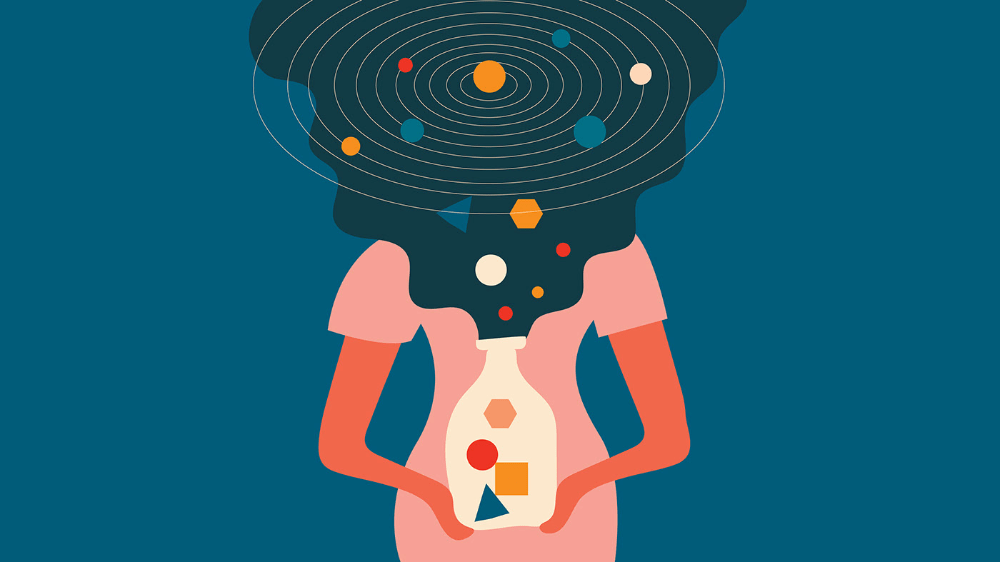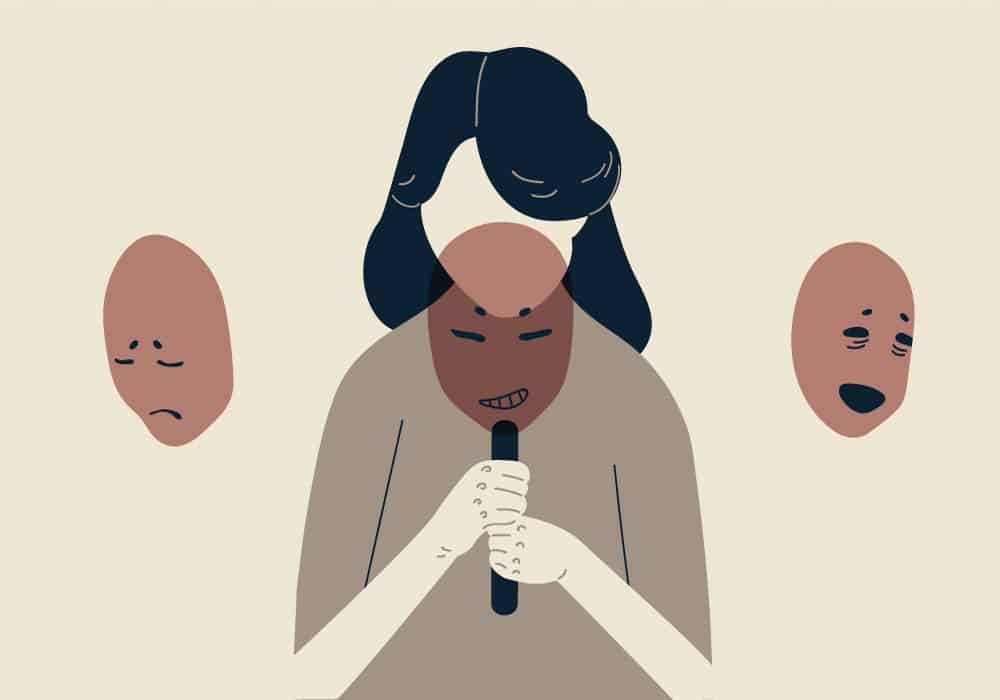In 2016, the number of people estimated to be suffering from mental health issues like depression and anxiety amounted to roughly 1.1 billion. Since then, numbers have likely continued to rise. Moreover, studies have also shown women especially on average are a) more likely to suffer from mental health issues, and b) less likely to talk about them. The taboo in Pakistan surrounding depression and anxiety disorders only serve to aggravate the individuals suffering even more. For the women who cannot seek out full time therapy, we’ve enlisted the help of a trained therapist. You sent us in your questions – here are the answers!

“How can I stop being extremely self-conscious? I get nervous even with a few people around and I end up fidgeting a lot. Is there anything I can do to stop this? “

Shahrukh’s Response:
Dear Anon,
I imagine there is a certain amount of discomfort that arises when you’re around others, which results in the fidgeting. If it’s of any comfort, you’re not alone in this. There can be a lot of layers underneath that feeling of self-consciousness. Let’s explore what might be going on for you, and see if what I’m about to say resonates with you.
The Need to Belong: A Basic Human Need
When we look at human beings as a species, one thing that we all have in common is our need to belong and connect to others. In other words, we want to feel like we’re accepted, loved and a part of something. As we try to navigate our way through different relationships, we try our best to connect while also remaining authentic and open. However, in some cases, that balance can be disrupted by certain experiences, and one can find themselves prioritising their need to connect and belong at the expense of their true selves.
In my previous articles, I often talked about the impact of societal values on our perception of things around us. As far as Pakistani society goes, there is a great deal of emphasis on the image that we present of ourselves. Perhaps, there might have been a great deal of conditioning in terms of what is deemed as “appropriate” behaviour for you. Additionally, experiences from our past also contribute to the way we relate to others. Self-consciousness tends to stem from a fear that others might perceive you negatively, or even reject you. This fear could be the result of early experiences that involve rejection, betrayal, emotional neglect, etc.
All of these factors combined can really impact our relationship with those around us. Once we are able to understand the history, it’s important to be introspective, conscious and aware of these factors and reflect on them even further.
Reflect On What Might Be Going On For You
Anon, what you’re feeling is completely natural and human. Fidgeting might just be your body’s way of releasing some of that nervous energy, and that is completely okay. I would say that it’s worth asking yourself what might be contributing to that self-consciousness and nervousness. It helps to be curious about our feelings, and what they’re trying to tell us. When it comes to feelings of nervousness and self-consciousness, they usually emerge as a way of protecting us from rejection. They tend to make us think twice about what to say or how to act. If that’s what’s happening, it helps to explore it further. When exploring, some questions to ask are:
- What am I fearing right now?
- Does this experience feel familiar?
- Is there a reason I feel self-conscious?

Learning to Accept Yourself As You Are
Anon, it’s alright to be nervous. Again, it’s a part of being human. At certain times though, it’s worth wondering if these feelings are serving you or not. Sometimes past traumas and experiences can bring to life certain defence mechanisms. Usually they serve us at a certain time, but as we move forward, we carry around these defences that might be holding us back rather than protecting us.
One of the key things that I learnt, especially in terms of healing from one’s fear of rejection, is the importance of practicing self-compassion and empathy towards yourself. This usually entails having an unconditional relationship with yourself, even in the face of mistakes or errors in judgement and essentially, accepting yourself as imperfect and human. This might be tough to do right away. The easiest way to start off is to think of a person you might feel really compassionate towards, and speak to yourself as you would to them in a moment where they are feeling distressed and/or afraid. As you continue to practice this, you will begin to notice the beneficial effect on how you perceive yourself in relation to others. As you start to embrace and accept who you are, the opinions of others won’t have as much bearing as it did before.
If you feel like you need extra support, you can always seek out the guidance of a mental health counsellor. They will be able to help you explore certain patterns, and perhaps help you cultivate the tools and practices needed for you to feel more grounded in yourself.
Anon, in order to move forward from certain defences, it’s crucial to be reflective and understanding of what is going on underneath all those feelings, as well as learning to be curious about those feelings. Accepting yourself as you are will allow you to move towards a more grounded, congruent and authentic self. I wish you all the best on your journey towards healing! Good luck and stay in your power!

The above article is written by Shahrukh Shahbaz Malik who is trained in humanistic integrative counselling at CPDD in the UK and currently has her own private practice in Karachi. The views expressed in this article are those of one expert. They do not necessarily represent the views of Mashion, nor do they represent the complete picture of the topic at hand. This article is for informational purposes only and is not a substitute for medical diagnosis or treatment.









What do you think?
You must be logged in to post a comment.